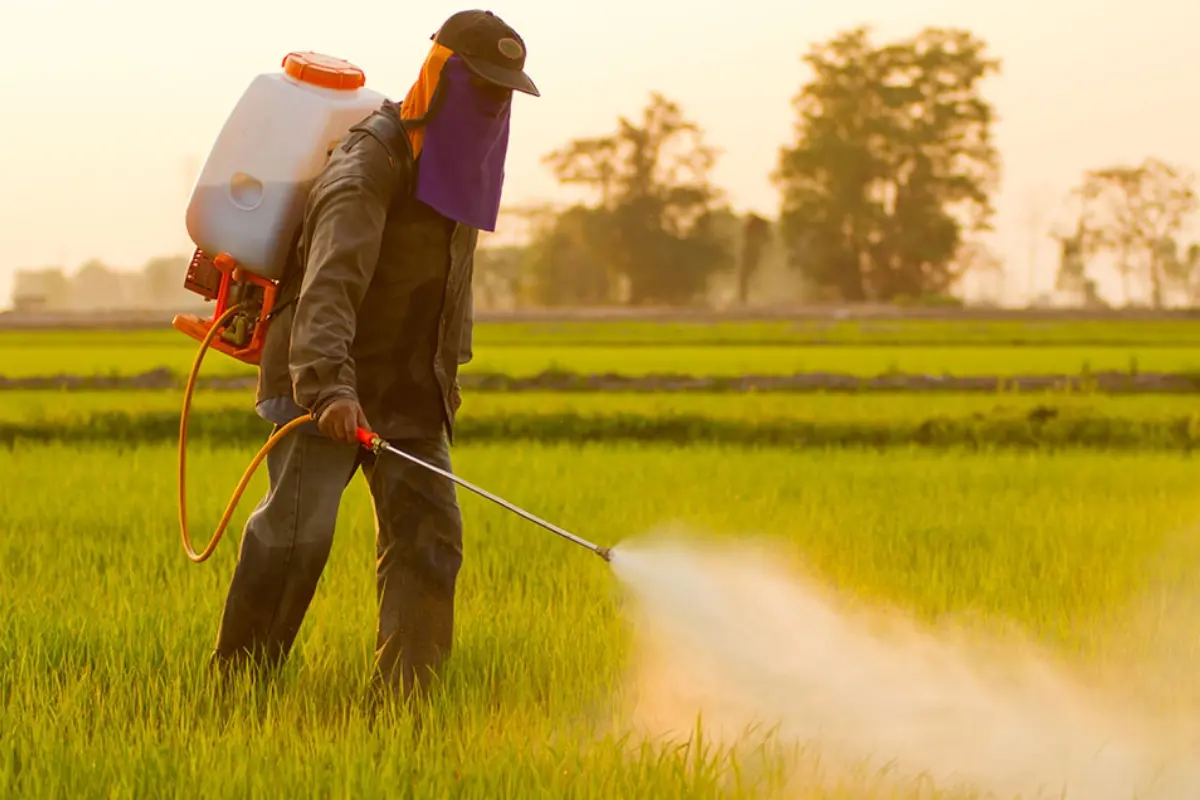
Glyphosate. EFSA: "No areas of critical concern"
Green light for the use of the pesticide, whose European authorization would have expired in December

EFSA did not identify any critical areas of concern in its peer review of the risk assessment of the active substance glyphosate in relation to the risk it poses to humans and animals or the environment. A concern is defined as critical when it affects all proposed uses of the active substance under evaluation (e.g. pre-sowing uses, post-harvest uses etc.), thus preventing its approval or renewal.
In 2022, the European Chemicals Agency (ECHA) carried out a hazard assessment of glyphosate and concluded that it did not meet the scientific criteria to be classified as a carcinogenic, mutagenic or reprotoxic substance. EFSA used ECHA’s hazard classification for the purposes of the EU risk assessment on glyphosate.
Where data gaps are identified these are reported in EFSA’s conclusions as either issues that could not be finalised or outstanding issues.
Issues that could not be finalised include the assessment of one of the impurities in glyphosate, the consumer dietary risk assessment, and the assessment of risks to aquatic plants.
Outstanding issues include, among others, a lack of information about the toxicity of one of the components present in the glyphosate-based pesticide formulation submitted for evaluation, which is needed to conclude the risk assessment of the formulation for representative uses. For this formulation there were no indications of acute toxicity and genotoxicity.
On Biodiversity, experts recognised that the risks associated with the representative uses of glyphosate are complex and depend on multiple factors. They also noted a lack of harmonized methodologies and agreed specific protection goals. Overall, the available information does not allow firm conclusions to be drawn on this aspect of the risk assessment and risk managers can consider mitigation measures.
With respect to ecotoxicology, the data package allowed a conservative risk assessment approach, which identified a high long-term risk to mammals in 12 out of 23 proposed uses of glyphosate.
“The risk assessment and peer review of glyphosate represents the work of dozens of scientists from EFSA and the Member States in a process that has spanned over three years. It is based on an evaluation of many thousands of studies and scientific articles, and also incorporates valuable input gathered during the public consultation” said the Head of EFSA’s Risk Assessment Production Department, Guilhem de Seze.
The conclusions are expected to be published by the end of July 2023 and the background documents, which run to several thousands of pages, are expected to be published between the end of August and the middle of October 2023.
EFA News - European Food Agency